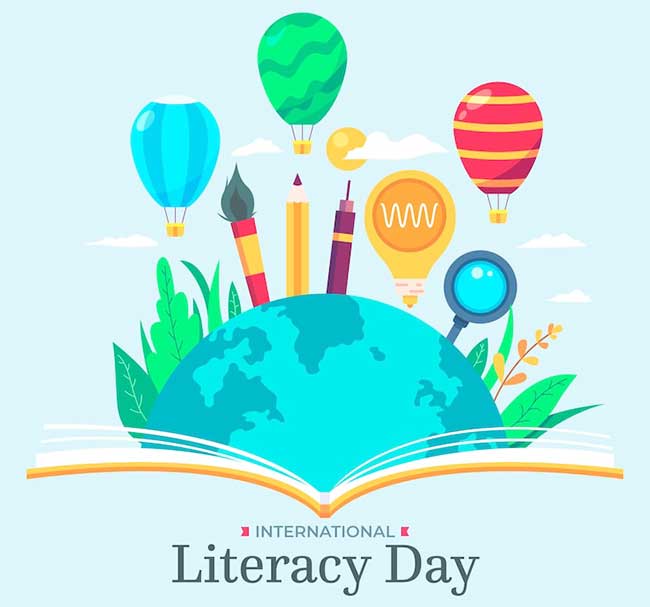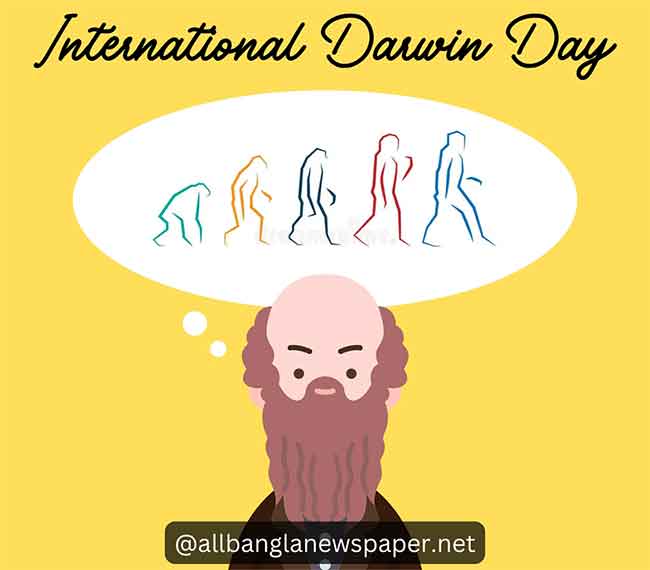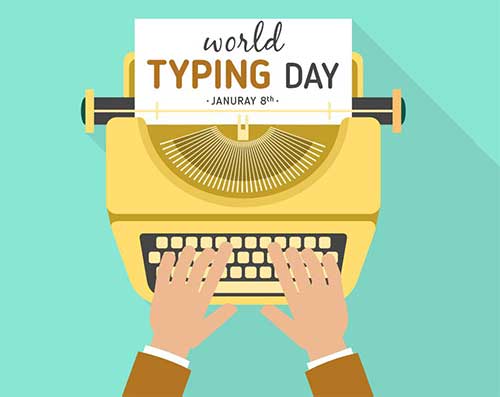
International Literacy Day is celebrated every year on September 8th, focusing on the importance of literacy as a matter of dignity and human rights. It highlights the need for individuals of all ages across the globe to have access to education. Literacy is more than just the ability to read and write; it is an essential foundation for lifelong learning and plays a pivotal role in shaping societies and economies.
The Origin and Purpose of International Literacy Day
The day was first proclaimed by UNESCO (United Nations Educational, Scientific and Cultural Organization) in 1966, and since then, it has been an opportunity to address literacy challenges worldwide. Despite significant progress in improving literacy rates over the past decades, millions remain illiterate, particularly in developing regions.
International Literacy Day aims to:
- Raise awareness of the importance of literacy for personal and societal development.
- Encourage action from governments, organizations, and communities to promote educational initiatives.
- Highlight challenges faced by individuals in acquiring basic reading and writing skills.
The Importance of Literacy
Literacy is key in combating poverty, reducing inequality, and fostering social development. It is a basic human right that empowers individuals to improve their quality of life. Through literacy, people gain access to information, enhance their critical thinking, and build their capacity to engage in society as informed citizens.
Being literate also positively affects health, employment opportunities, and gender equality. It creates a pathway to better opportunities for individuals and contributes to the economic growth of communities.
Global Literacy Challenges
While literacy rates have improved in many regions, challenges persist. According to UNESCO, about 773 million adults worldwide lack basic literacy skills, with two-thirds of them being women. Additionally, many children do not have access to quality education, further deepening the literacy gap.
Marginalized groups, including refugees, rural communities, and individuals living in conflict zones, often face the greatest barriers to learning. The COVID-19 pandemic has also exacerbated educational disparities, as millions of children have lost access to schools and other learning environments.
International Literacy Day 2024: A Call to Action
International Literacy Day adopts a specific theme to address pressing global challenges each year. In 2024, the focus is on "Empowering Educators," emphasizing the role of teachers and educators in fostering literacy. Teachers are at the forefront of developing students' literacy skills, and providing them with the necessary tools and training is critical for achieving literacy goals.
Governments, NGOs, and educational institutions are encouraged to collaborate on initiatives that promote literacy, particularly in underserved areas. Innovative approaches are essential for reaching the world's most vulnerable populations, from community-based programs to digital learning solutions.
Conclusion
International Literacy Day reminds us that literacy is not just a goal; it is a vital tool for development. Promoting literacy opens new opportunities and creates a foundation for a brighter future. As the world continues to evolve, ensuring everyone has access to education remains crucial for achieving global peace, prosperity, and equality.
#International_Literacy_Day #UNESCO #Literacy_Challenges



